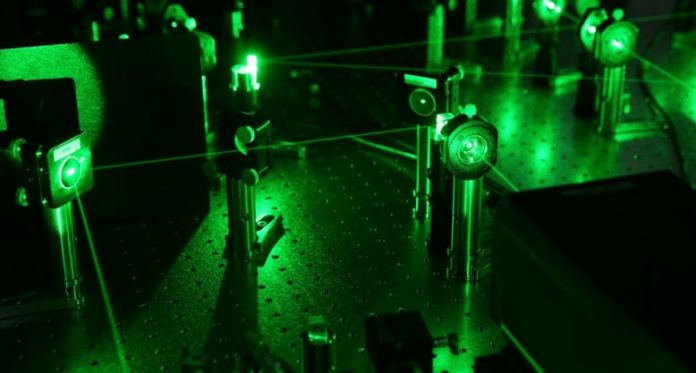The performance of any computer system can be evaluated in measurable and technical terms. From conventional computers to latest one, the calculations are done via electronic gates and switches found in transistors. These transistors transfer information into binary information which is made up of 0s and 1s.
Another type of computing system called quantum computing that is capable of more sophisticated computations. Unlike conventional computers, it doesn’t rely on binary code. It uses particles to interact at a subatomic level to translate information into quantum bits, called qubits.
This time, a team of researchers from the University of Science and Technology of China (USTC) at Hefei in Anhui, had developed a new faster quantum computer that is faster than any conventional computer.
Scientists are going to use this faster quantum computer machine to calculate photon behavior. They are using it to find difficult due to the unpredictable nature of photons. The results showed that the machine performed machine performed about 10 to 100 times than the first electronic computer.
Scientists noted, “The machine holds the potential to perform such complex computations. Its sampling rate was at least 24,000 times faster than its international counterparts. Our architecture is feasible to be scaled up to a larger number of photons and with a higher rate to race against increasingly advanced classical computers.”
Pan said, “This is where the Hefei machine’s value comes in: “It’s a step towards boson sampling with say 30 photons or some number that’s large enough that no one will have to squint or argue about whether a quantum advantage has been attained.”
